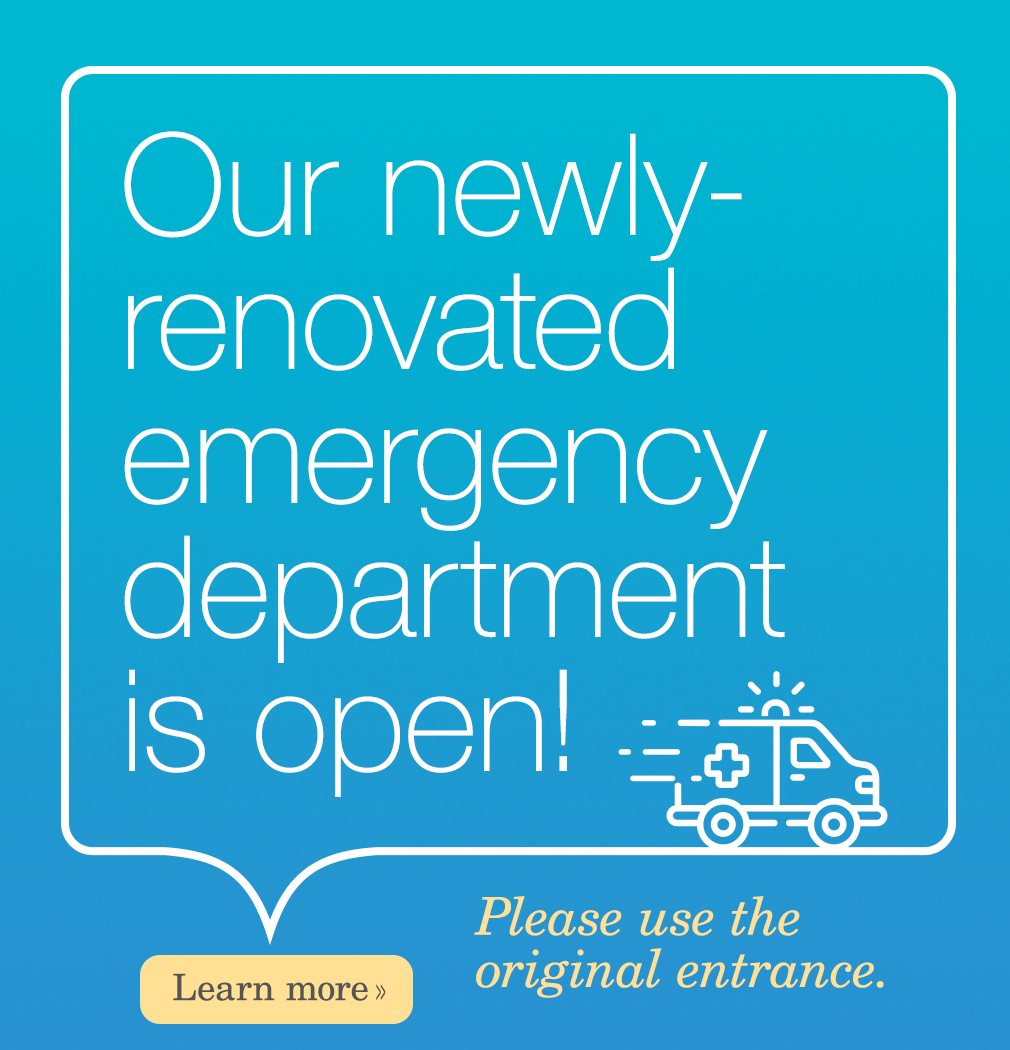

COVID-19 Preparedness at NMC
As Vermont prepares for the possible arrival of the novel coronavirus COVID-19, the Messenger reached out to us to learn how the regional hospital was preparing for a possible outbreak and what advice local experts may have for the public.
In response, the hospital’s chief medical quality officer, Dr. John Minadeo, answered a series of questions for the Messenger, touching on everything from the hospital’s preparations per state recommendations to how to reach out if you are concerned about COVID-19 exposure.
1) What is Northwestern Medical Center doing to prepare for the potential arrival of COVID-19 to the area, and are we expecting COVID-19 to come to St. Albans?
“In light of the COVID-19 situation nationally, NMC has activated our emergency preparedness protocol and we are preparing as if it were an eventuality for the virus to arrive in our area,” said Dr. John Minadeo, NMC’s Chief Medical Quality Officer. “We are aligning with the recommendations of the CDC and the Vermont Department of Health. We have a multi-disciplinary team which is meeting on a daily basis to guide preparations and adapt our approach as recommendations evolve. This includes working through scenarios, clarifying protocols, ensuring access to proper supplies, communicating with partners, and educating staff on specifics. This approach to preparation is familiar to us and served us well in prior instances of somewhat similar concerns, such as SARS and Ebola.”
2) What can people expect if they come to the hospital with fevers or flu-like symptoms also associated with COVID-19? 3) When should people seek medical help or come to the hospital with concerns they may have the virus?
“In relation to COVID-19, the current guidance is that if you have traveled to any of the impacted countries, you are to call the Vermont Department of Health at 863-7240 even if you are in good health. They will be in regular contact with you from that point for 14 days and, if necessary, will advise you regarding seeking medical treatment. If you are advised to seek care, please call the provider in advance so the physician office or the hospital can prepare for your arrival.” said Dr. Minadeo.
“Individuals who have not traveled and who are experiencing symptoms should take their normal approach to medical care for respiratory conditions, reaching out to their primary care physician as needed. The treatment protocols in these instances are the same as those for cold and flu,” said Dr. Minadeo.
“If a patient’s condition were serious enough to bring them to the hospital, based on their symptoms they will be asked to put on a mask and will be asked about their travel history,” said Dr. Minadeo.
4) Does NMC have a way of testing for COVID-19? (I understand the health department now does, but how connected is NMC to that resource?)
“Currently, testing throughout the state for COVID-19 is centralized through the Laboratory at the Vermont Department of Health and NMC is tightly connected to that resource,” said Dr. Minadeo. “The Vermont Department of Health is determining who can be tested.”
5) Do face masks help stop the spread of COVID-19, who should be using face masks and when? (While this might be something available online, we would like to feature the advice of a local medical expert to assuage some of the concerns we’ve heard in calls to the Messenger office.)
“To my knowledge, the CDC and the Vermont Department of Health do not have a current recommendation for the use of face masks by the general population,” said Dr. Minadeo. “Just as one would expect in normal flu season, anyone who goes to the hospital with any kind of cough or a cold should put on a surgical mask to help prevent the spread of their illness to others.”
6) What else can people do to prepare for the arrival of COVID-19?
“The best thing members of the community can do to help prepare for the possible arrival of COVID-19 is to learn and adopt the simple basics of preventing the spread of illness,” said Dr. Minadeo. “The Vermont Department of Health website has a strong section on this, which includes: proper handwashing and use of alcohol-based hand sanitizer; avoiding touching your face with your hands; avoiding close contact with people who are sick; staying home if you are sick; covering your coughs and sneezes; and disinfecting frequently touched surfaces. These – along with getting your yearly flu shot – are the same steps we recommend to prevent the transmission of the flu and other illnesses, so making them a daily practice is meaningful step we can each take today.”

